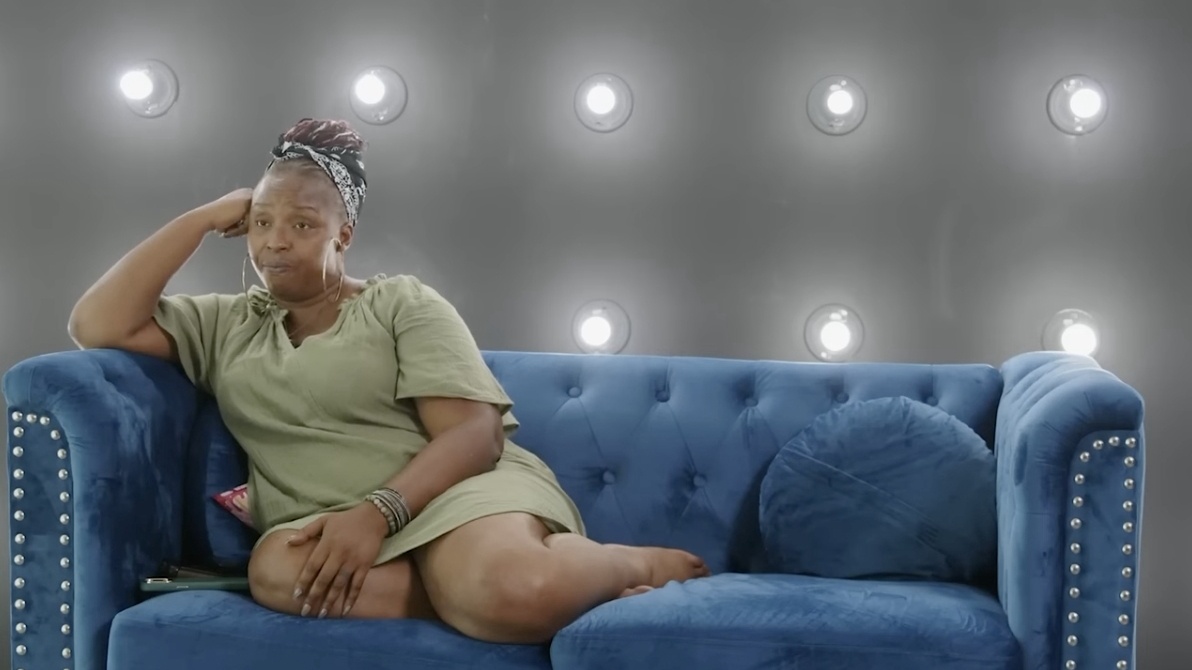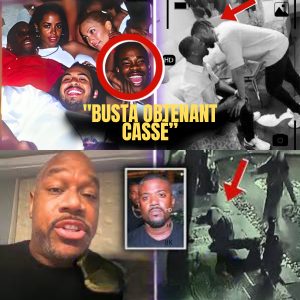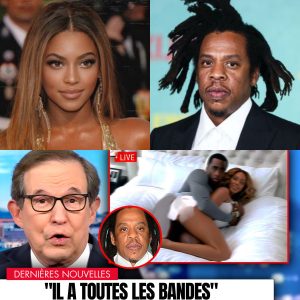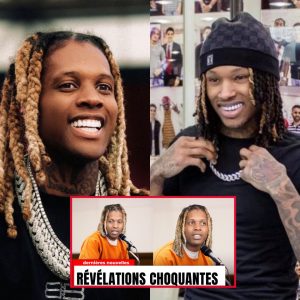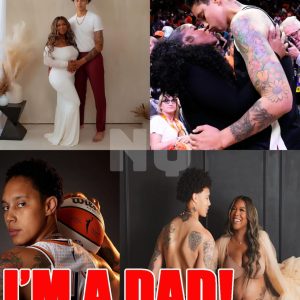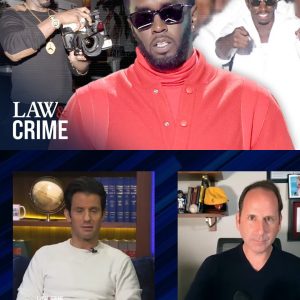Outspoken singer and industry insider Jaguar Wright has recently voiced serious accusations against Oprah Winfrey and her influence in Hollywood. She claims that Oprah, alongside figures like Tyler Perry, has allegedly played a role in exploiting Black artists by controlling opportunities and suppressing dissenting voices, particularly Black women who challenge the status quo. As Wright’s revelations unfold, they add weight to the emerging criticisms of Winfrey’s power and alliances within the entertainment industry.

A Surprising Allegiance with Controversial Figures
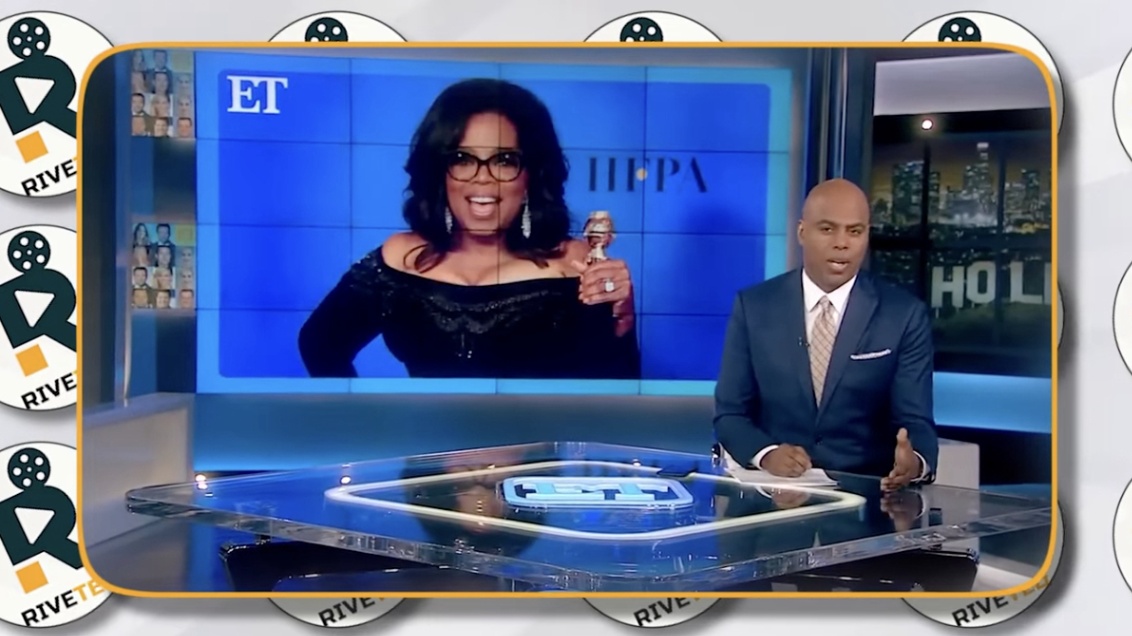
Wright argues that Oprah’s influence has, in some cases, perpetuated a culture of silence, particularly when it involves high-profile figures like former Hollywood mogul Harvey Weinstein and rapper Sean “Diddy” Combs. Oprah’s visible relationships with such controversial individuals have drawn skepticism. One striking example took place at the 2018 Golden Globes, where Oprah delivered a speech supporting the #MeToo movement. Only days later, however, singer Seal criticized Oprah’s past association with Weinstein by sharing a meme that implied Winfrey had been aware of Weinstein’s actions long before the scandal broke.
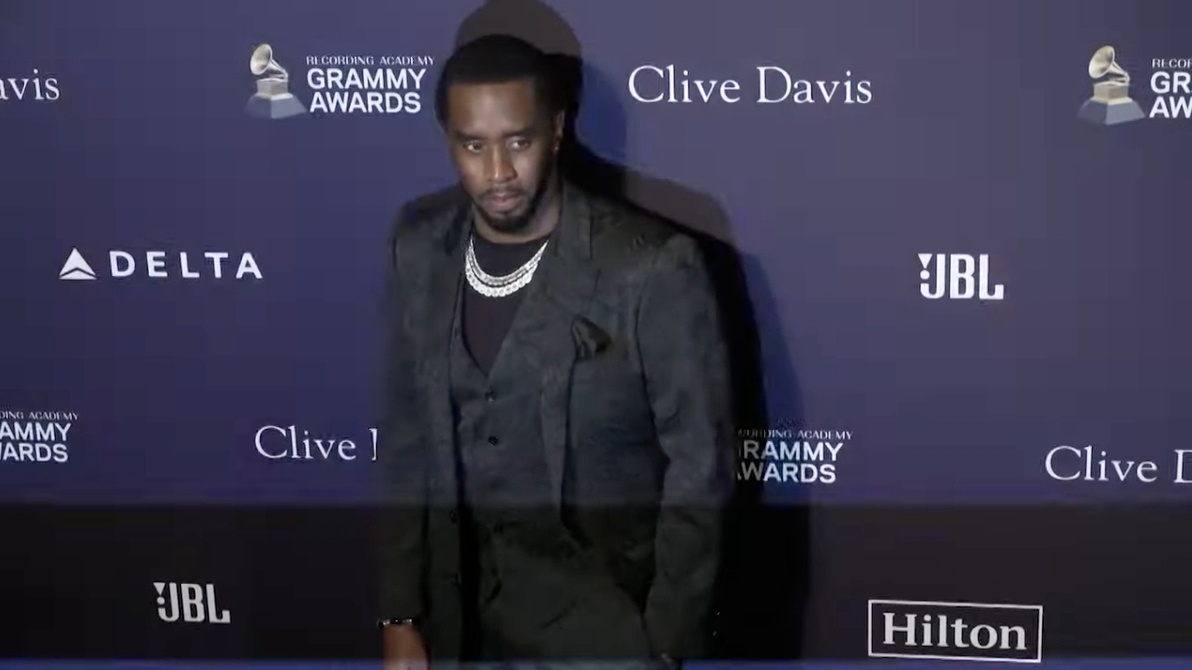
Winfrey’s silence regarding these issues has fueled further speculation, as has the scrutiny of her complex network of industry connections, with some questioning if her alliances have done more harm than good in Hollywood.
An “Oprah Effect” or a Controlled Industry?
Critics of Winfrey’s Hollywood legacy suggest that her impact, often called the “Oprah Effect,” has created both opportunities and barriers for others. While her endorsement has famously launched the careers of many, some argue it has also allowed her to control narratives and partnerships
